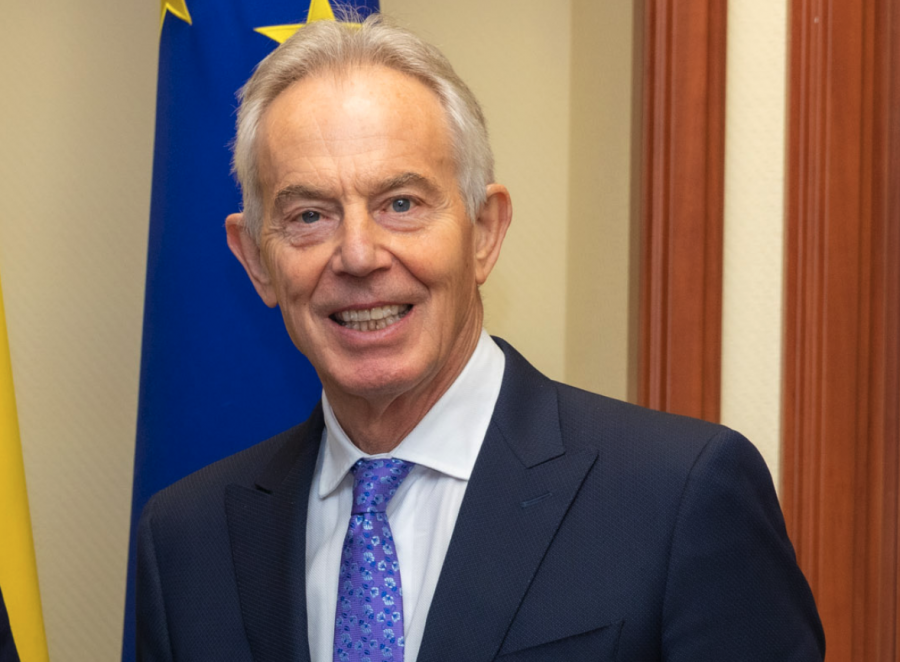The climate change debate is “riven with irrationality,” former UK Prime Minister Tony Blair has warned, but too many leaders are afraid to speak up for fear of being labelled “climate deniers.”
A major figure on the international liberal left, and a longtime advocate of policies to bring down carbon emissions, Blair said “voters feel they’re being asked to make financial sacrifices … when they know that their impact on global emissions is minimal.”
Anyone with “even a cursory knowledge of the facts,” the former Labour Party leader added, knows that “in the future the major sources of pollution will come principally from the developing world.”
Blair’s intervention is likely to resonate among leaders and political activists across the Western world, and has already been widely reported in his native UK, where the government of Keir Starmer is aggressively pushing for “net zero” emissions by 2050.
The Liberal Party in Canada has the same legally enshrined commitment, with the federal government arguing it is “essential to keeping the world safe and livable for our children and grandchildren.”

The party’s new leader, Mark Carney, is also committed to the idea, having founded the Glasgow Financial Alliance for Net Zero in 2021. He also campaigned on turning Canada into a renewable energy “superpower.”
Critics of net zero policies on both sides of the Atlantic have warned that they risk seriously damaging any economy in which they are implemented, as well as dragging down living standards.
Blair, writing in the foreword for the Tony Blair Institute’s latest publication, “The Climate Paradox: Why We Need to Reset Action on Climate Change,” said most people “will accept” that climate change is caused by humans.
But those same people are “turning away from the politics of the issue because they believe the proposed solutions are not founded on good policy.”
He added that “present policy solutions are inadequate and, worse, are distorting the debate into a quest for a climate platform that is unrealistic and therefore unworkable.”
Blair said he remains committed to renewable energy and the likes of carbon capture technology, but stressed the need to embrace “pragmatic policy” that acknowledges the reality of fossil fuel use.
That word – ”pragmatic” – has been used numerous times by Carney, including in the context of his decision to bring the consumer carbon tax down to zero.
“Leaving aside oil and gas, in 2024 China initiated construction on 95 gigawatts of new coal-fired energy, which is almost as much as the total current energy output from coal of all of Europe put together,” Blair wrote. “Meanwhile, India recently announced they had reached the milestone of 1 billion tonnes of coal production in a single year.
“Airline travel is set to double over the next 20 years.”
Such “inconvenient facts” – including that, by 2030, almost two thirds of global emissions will originate in China, India and Southeast Asia – mean that “any strategy based on either ‘phasing out’ fossil fuels in the short term or limiting consumption is a strategy doomed to fail,” Blair explained.
Blair’s answer to the crisis is to embrace new technologies, as well as nuclear power (despite some people’s “irrational fear of it”).
“Political leaders by and large know that the [climate] debate has become irrational,” he said. “But they’re terrified of saying so, for fear of being accused of being ‘climate deniers.’
“As ever, when sensible people don’t speak up about the way a campaign is being conducted, the campaign stays in the hands of those who end up alienating the very opinion on which consent for action depends.”
Blair led the UK between 1997 and 2007.
















